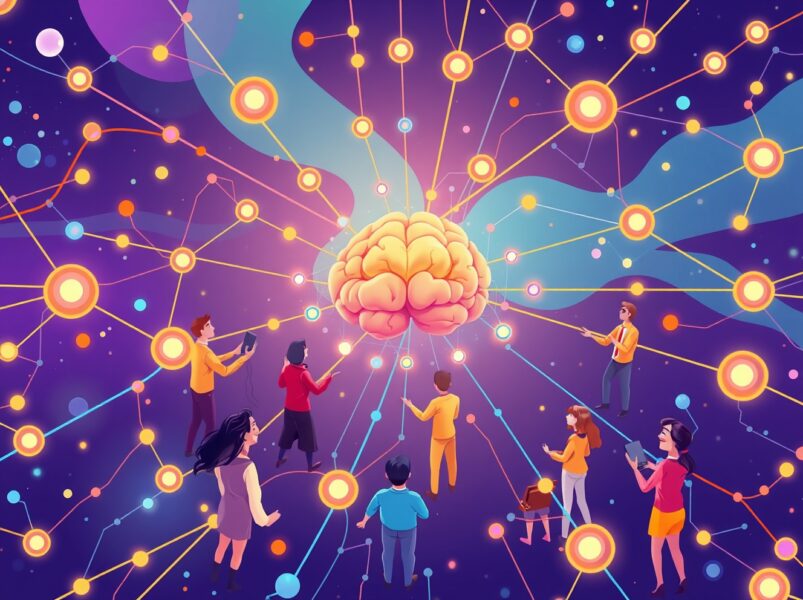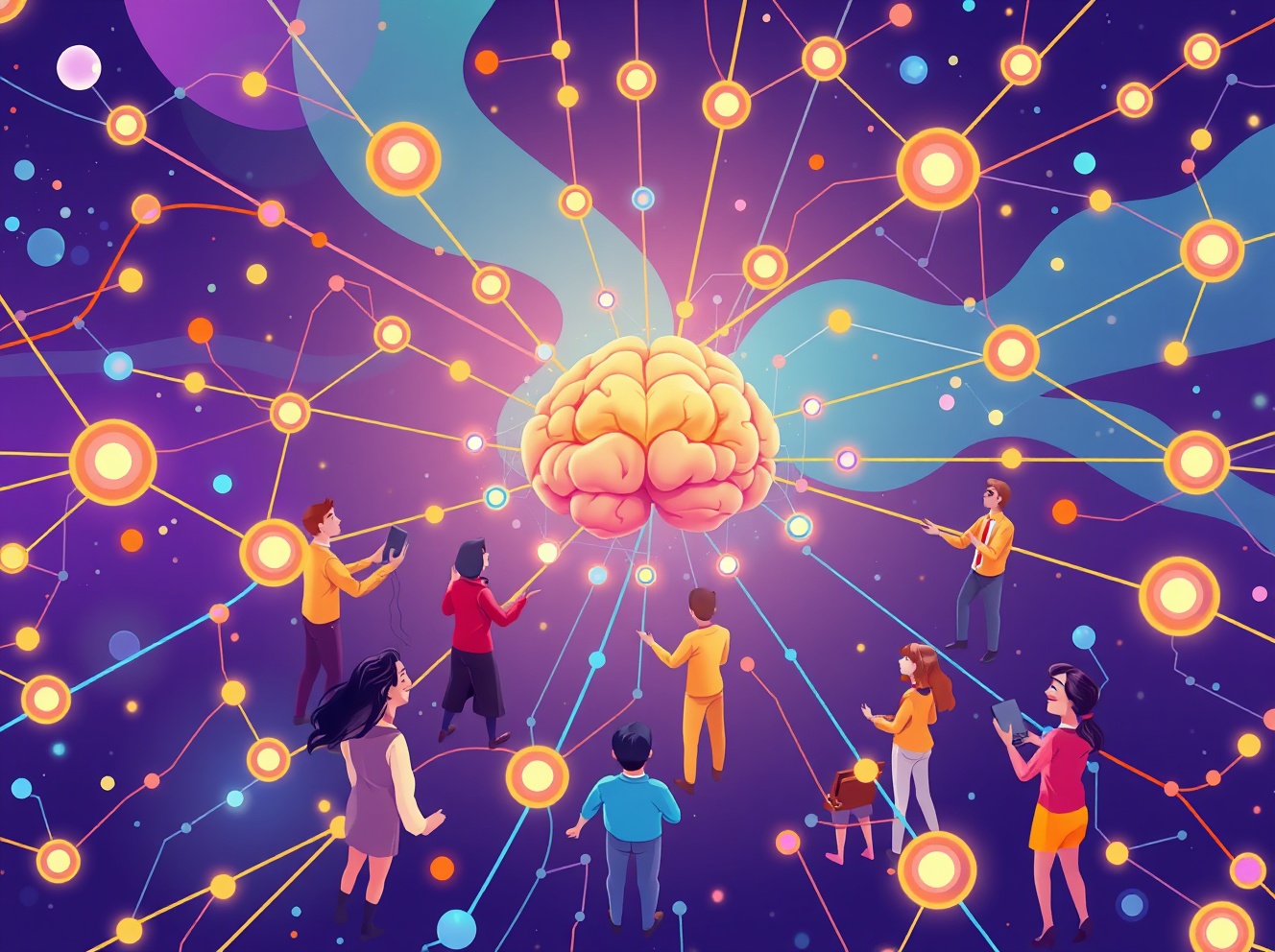Open Intelligence Development: How Gradient’s Revolutionary Approach Breaks Big Tech AI Monopolies
0
0

BitcoinWorld

Open Intelligence Development: How Gradient’s Revolutionary Approach Breaks Big Tech AI Monopolies
Imagine a world where artificial intelligence isn’t controlled by a handful of tech giants but developed openly for everyone. This vision is becoming reality through Gradient’s groundbreaking approach to open intelligence development. According to Tiger Research’s latest analysis, this innovative platform is reshaping how we create and access AI technology.
What Makes Gradient’s Open Intelligence Development Different?
Traditional AI development remains locked behind corporate walls, but Gradient is changing the game. The platform creates a distributed network that connects idle computing resources worldwide. This means anyone can develop and run Large Language Models without Big Tech restrictions. Therefore, developers gain freedom from companies like OpenAI and Anthropic while maintaining access to powerful AI capabilities.
How Does Gradient’s Technical Framework Support Open Intelligence?
Gradient’s research focuses on two key components that enable true open intelligence development. First, they’re building a privacy and verification layer for AI systems. Second, they’re creating a self-evolving learning framework for software agents. Moreover, this technical foundation ensures that AI development remains transparent and accessible to all participants.
- Distributed computing network utilizing global resources
- Privacy-focused AI verification systems
- Self-evolving software agent frameworks
- Decentralized LLM development environment
Why Should You Care About Open Intelligence Development?
The movement toward open intelligence development represents more than just technological progress. It’s about democratizing AI access and preventing monopoly control. When few companies dominate AI development, innovation slows and costs rise. However, Gradient’s approach creates competitive alternatives that benefit everyone.
What Challenges Does Open Intelligence Face?
Despite the promise of open intelligence development, several hurdles remain. Technical complexity and resource coordination present significant challenges. Additionally, maintaining quality standards across decentralized systems requires innovative solutions. Nevertheless, Gradient’s framework addresses these issues through careful design and community-driven development.
How Can You Participate in Open Intelligence Development?
Getting involved in open intelligence development has never been easier. Gradient’s platform allows developers to contribute computing resources or build applications. Furthermore, the open nature means you can study, modify, and improve existing AI models. This collaborative environment fosters rapid innovation and knowledge sharing across the global AI community.
Frequently Asked Questions
What is open intelligence development?
Open intelligence development refers to creating AI systems through decentralized, collaborative approaches rather than closed corporate environments. It emphasizes transparency, accessibility, and community participation.
How does Gradient differ from traditional AI companies?
Gradient uses distributed networks and open frameworks instead of centralized control. This allows broader participation and reduces dependency on Big Tech infrastructure.
Can individuals contribute to Gradient’s network?
Yes, individuals can contribute idle computing resources or develop applications using Gradient’s open tools and frameworks.
What are the main benefits of open intelligence development?
Key benefits include reduced costs, increased innovation, prevention of monopolies, and greater transparency in AI systems.
Is open intelligence development secure?
Gradient incorporates privacy and verification layers to ensure security while maintaining open access to AI development tools.
How does this affect everyday AI users?
Users benefit from more affordable AI services, greater choice among providers, and increased innovation through competition.
Help spread awareness about democratized AI by sharing this article on social media. Together, we can build a future where artificial intelligence serves everyone, not just corporate interests.
To learn more about the latest AI and Web3 trends, explore our article on key developments shaping decentralized technology and future innovation pathways.
This post Open Intelligence Development: How Gradient’s Revolutionary Approach Breaks Big Tech AI Monopolies first appeared on BitcoinWorld.
0
0
 Manage all your crypto, NFT and DeFi from one place
Manage all your crypto, NFT and DeFi from one placeSecurely connect the portfolio you’re using to start.




